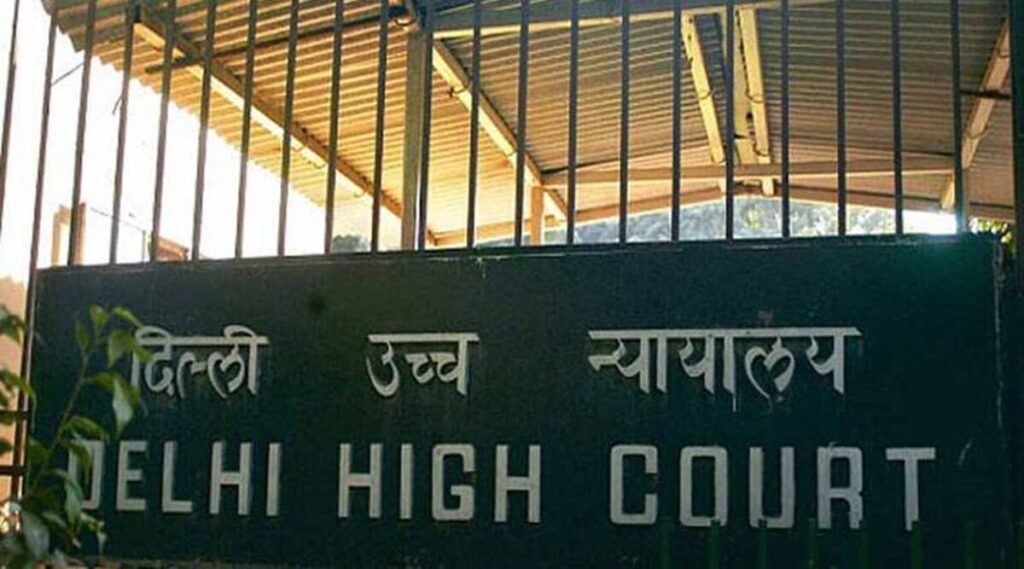News By Indian Express Dated : Jan 28: 2022 .
The court has been hearing the petitions challenging the Exception 2 in IPC Section 375 that protects men, who have forced non-consensual intercourse with their wives, from criminal prosecution under Section 376 IPC.

Men Welfare Trust (MWT), one of the NGOs opposing the case seeking criminalisation of marital rape, on Thursday before Delhi High Court argued that foreign jurisdictions have preferred to call such an act ‘spousal sexual violence’ to try and protect the ‘institution of marriage’ so that there are “no deleterious consequences” or “psychological effects” of the word ‘rape’ being used in the context of marriage.
“My clients are certainly not against recognising spousal sexual violence. They are merely saying it merits a separate and slightly special treatment which the legislature has already done. In addition, the special treatment has been accorded to it in other jurisdictions also,” submitted advocate J. Sai Deepak, who represented MWT, before the division bench of Justice Rajiv Shakdher and Justice C. Hari Shankar
The court has been hearing the petitions challenging the Exception 2 in IPC Section 375 that protects men, who have forced non-consensual intercourse with their wives, from criminal prosecution under Section 376 IPC.
“If Exception 2 to [IPC] 375 is struck down, it creates and enlarges the scope of an existing offence thereby creating a new species of offence when the legislature has already taken a position to the contrary,” submitted Deepak further.
MWT also argued that the question involved is a social issue which is couched in legal language because it relates to a marital institution. “In the context of civil relationship and marital relationship, to say that this has no social impact or it is not a social issue would be to truncate the entirety of the particular position. Social aspects would have to be considered,” its counsel submitted before the court.
Deepak also argued that a specific distinction has been made between a marital relationship and a non-marital relationship and to say that they are the same would be against common sense.
“Consent and context cannot be separated. Consent and context/relationship is central to the question. It is the issue at the heart of this debate whether consent five minutes before the marriage and five minutes after the marriage … what difference does it make? Maintenance comes into picture, obligations come into the picture.. It is a milestone in both spouses’ lives. There are obligations from conjugal rights to what not in terms of cruelty and everything. Everything comes into picture. What has changed? Marriage has changed everything,” he submitted.
MWT also argued that the petitioners cannot come to court and hope to convince the legislature through judiciary to take “one particular point of view”. On marital rape laws in foreign jurisdictions, it argued that there are different and higher safeguards in place outside.
“These jursidictions have also moved towards gender neutrality in the context of rape itself. So if context is everything and everybody is equal, then unless and until gender neutral is achieved with respect to the issue of rape, to say that we will now complicate it and load the dice with respect to one particlar gender at the expense of the entire institution and against the legislative intent is to add to the mix. It only complicates the situation and worsenses it,” it was contended.
